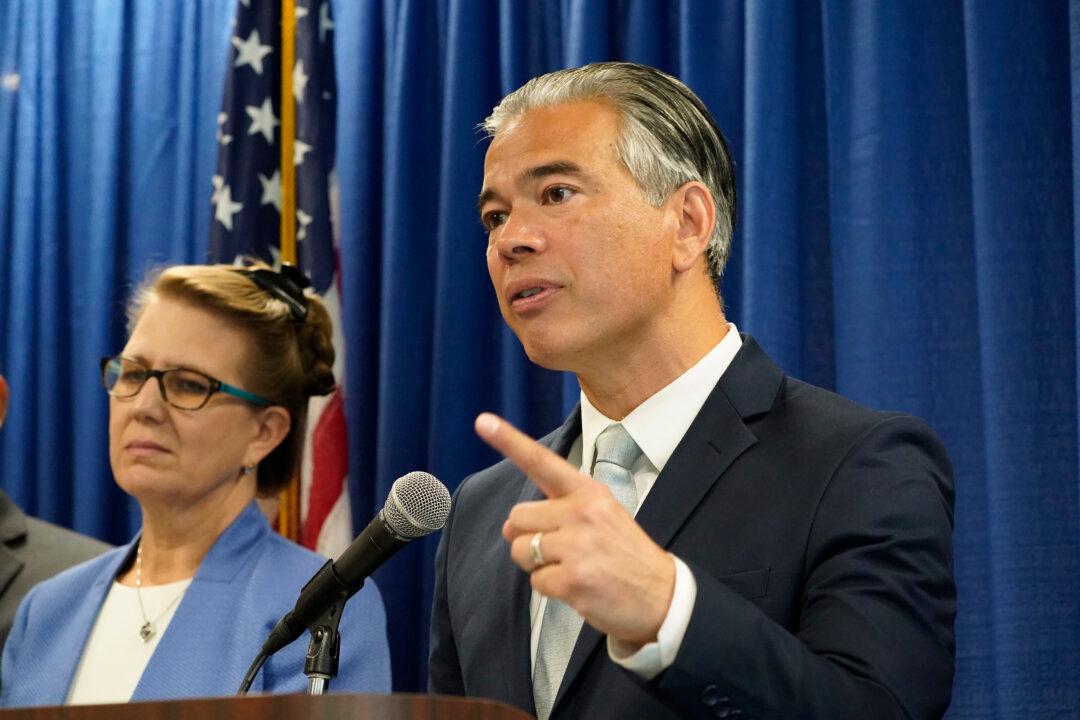The satirical website The Babylon Bee, social media company Minds Inc., and podcaster Tim Pool have sued California Attorney General Rob Bonta for enforcing a state law they claim is unconstitutional on the grounds it violates free speech.
The legislation, authored by Assemblyman Jesse Gabriel (D-Encino), regulates social media platforms, requiring them to report data on the enforcement of their moderation policies to the state.





